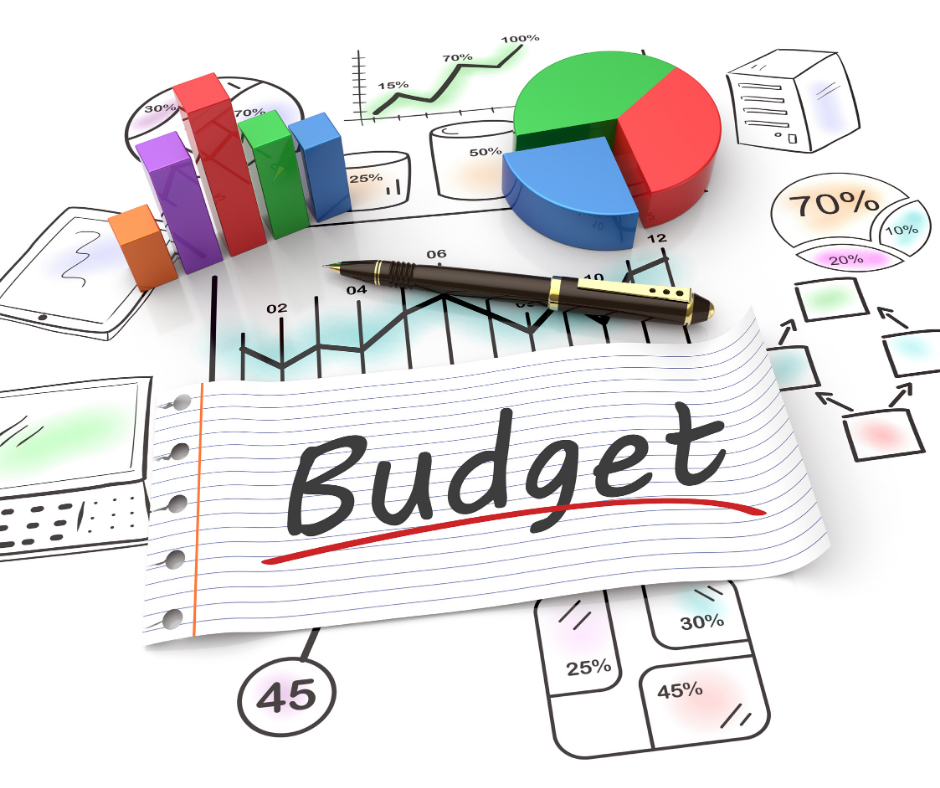Maximizing your money is a crucial aspect of financial planning, and budgeting is one of the best ways to achieve this goal. With the help of modern technology, budgeting has become more accessible and efficient than ever before. Gone are the days of manual spreadsheets and calculators; today, there is a wide range of budgeting tools at your fingertips. In this article, we’ll take a closer look at some of the top budgeting tools available, and how they can help you take control of your finances.
From personal budgeting software to bill payment apps and debt repayment tools, the options are many. The key is to find the tools that work best for your individual financial situation and goals and incorporate them into your financial planning. Let’s dive in and explore the best budgeting tools available to help you maximize your money.
1. Personal Budgeting Software
Personal budgeting software is a popular option for those looking to take control of their finances. These programs allow you to track your income and expenses, set and track financial goals, and create a customized budget based on your unique financial situation. Some popular options include Mint, YNAB (You Need a Budget), and Personal Capital.
2. Spreadsheets
If you prefer a more hands-on approach, using a spreadsheet can be an effective way to create a budget. You can easily create a budget by using Microsoft Excel or Google Sheets, and you have complete control over the format and design of your budget. Plus, you can easily make changes to your budget as your financial situation changes.
3. Mobile Apps
For those who prefer to keep their budgeting on the go, there are several budgeting apps available. These apps allow you to track your expenses and income on the go, and some even provide real-time alerts when you go over budget. Popular options include PocketGuard, Wally, and Mvelopes.
4. Cash Envelope System
The cash envelope system is a budgeting method that involves physically dividing your cash into different envelopes for different expenses, such as groceries, entertainment, and miscellaneous. This method is great for those who prefer a more tangible approach to budgeting and helps you stay within your budget by limiting the amount of cash you have available for spending.
5. Financial Advisors
For those who need more personalized assistance with their budgeting, working with a financial advisor can be a great option. Financial advisors can help you create a customized budget, set financial goals, and provide support and guidance as you work to maximize your money.
6. Bill Payment Apps
Keeping track of due dates for bills and making sure you have enough funds available to pay them can be a hassle. Bill payment apps take care of this for you by automatically tracking your bills, reminding you when payments are due, and even making the payments for you. This can help you avoid late fees and save you time and stress. Some popular bill payment apps include Prism, Bill Pay, and Mint Bills.
7. Investment Tracking Tools
Investment tracking tools can help you monitor your investments, including stocks, bonds, and mutual funds. These tools provide you with real-time updates on your portfolio, performance history, and current market conditions. Some popular investment tracking tools include Stash, Robinhood, and TD Ameritrade.
8. Debt Repayment Tools
If you have debt, it’s important to create a plan for repayment. Debt repayment tools can help you prioritize your debts, track your progress, and develop a repayment strategy that fits your budget and goals. Some popular debt repayment tools include Debt Snowball, Debt Payoff Planner, and ReadyForZero.
9. Financial Planning Websites
Financial planning websites offer a wealth of information on budgeting, saving, investing, and more. They often provide calculators, tutorials, and resources to help you make informed financial decisions. Some popular financial planning websites include Bankrate, NerdWallet, and The Motley Fool.
It’s important to note that no single tool will be perfect for everyone. The key is to find the tools that work best for your individual financial situation and goals. For example, if you struggle with managing your money on a daily basis, a mobile app or bill payment app may be the best choice for you. However, if you’re working on reducing debt and need a structured plan, a debt repayment tool may be the better option.
Incorporating budgeting tools into your financial planning can help you keep track of your finances, make informed decisions, and achieve your financial goals. So, start exploring your options today and find the tools that work best for you!
In conclusion, budgeting is an important aspect of financial planning and there are many tools available to help you maximize your money. From personal budgeting software and spreadsheets to bill payment apps and debt repayment tools, the options are many. The key is to find the tools that work best for your individual financial situation and goals and incorporate them into your financial planning. Start exploring your options today and take control of your finances!



